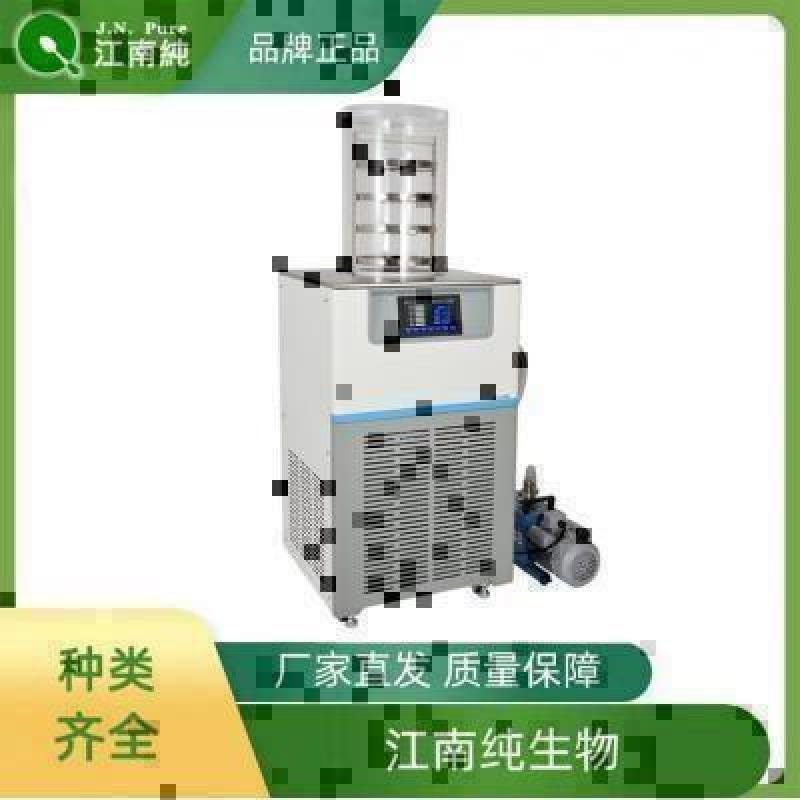Anti-SPCA2 antibody
| 英文名称 | SPCA2 |
| 中文名称 | ATP酶2C2抗体 |
| 别 名 | AT2C2_HUMAN; ATP2C2; ATPase 2C2; ATPase, Ca++ transporting, type 2C, member 2; Calcium-transporting ATPase type 2C member 2; DKFZp686H22230; hSPCA2; KIAA0703; PMR1; Secretory pathway Ca(2+)-ATPase 2; secretory pathway calcium ATPase 2. |
DATASHEET
Host:Rabbit
Target Protein:SPCA2
IR:Immunogen Range:421-520/946
Clonality:Polyclonal
Isotype:IgG
Entrez Gene:9914
Swiss Prot:O75185
Source:KLH conjugated synthetic peptide derived from human SPCA2:421-520/946
Purification:affinity purified by Protein A
Storage:0.01M TBS(pH7.4) with 1% BSA, 0.03% Proclin300 and 50% Glycerol. Shipped at 4℃. Store at -20 °C for one year. Avoid repeated freeze/thaw cycles.
Background:The family of P-type Ca2+-transport ATPases is made up of three subfamilies: sarco(endo)plasmic-reticulum Ca2+ ATPases (SERCA), plasma- membrane Ca2+ ATPases (PMCA), and secretory-pathway Ca2+ ATPases (SPCA). The SPCA1 protein (encoded for by the ATP2C1 gene) is a Ca2+/ Mn2+-transport ATPase. It localizes to the Golgi apparatus and, together with SERCA2, it is responsible for the ionic milieu in the Golgi lumen. SPCA2 (encoded by the ATP2C2 gene) also localizes to the golgi apparatus and has a higher enzymatic turnover rate than that of SPCA1 while having a high affinity for cytosolic Ca2+. The enzymatic properties of the human SPCA2 enzyme and the restriction of its tissue expression to the gastrointestinal and respiratory tracts, prostate, thyroid, salivary, and mammary glands may, in principle ,define a Ca2+-ATPase pump with a specific physiological role in secretory cells.
Size:100ul
Concentration:1mg/ml
Applications:ELISA(1:5000-10000)
IHC-P(1:100-500)
IHC-F(1:100-500)
ICC(1:100-500)
IF(1:100-500)
Cross Reactive Species:Human
Mouse
Rat
Chicken
Dog
Pig
Cow
Horse
Sheep
.
For research use only. Not intended for diagnostic or therapeutic use.


好评度